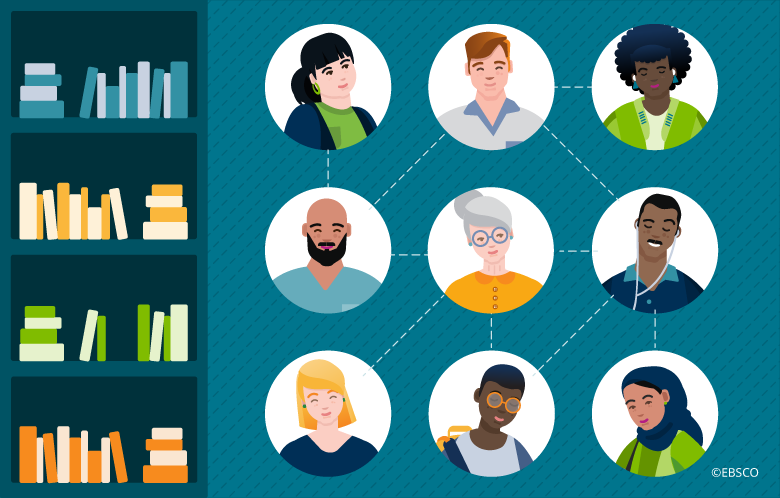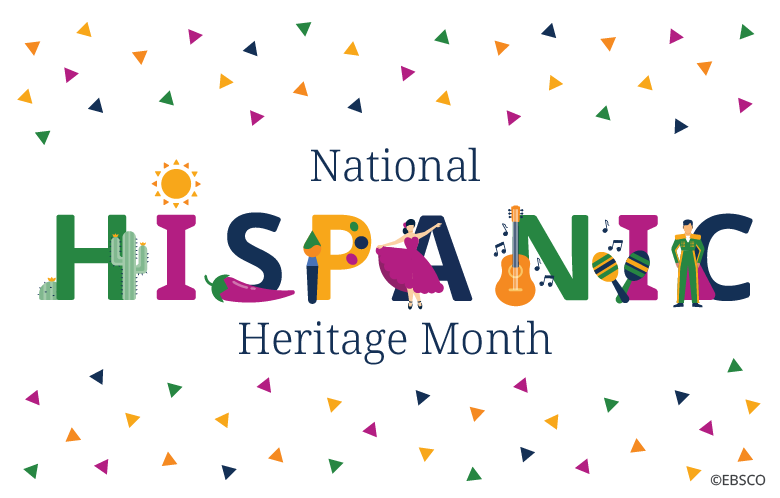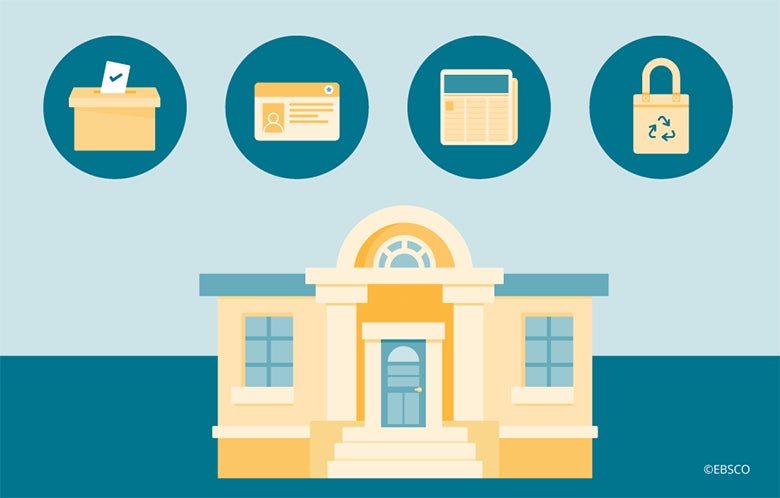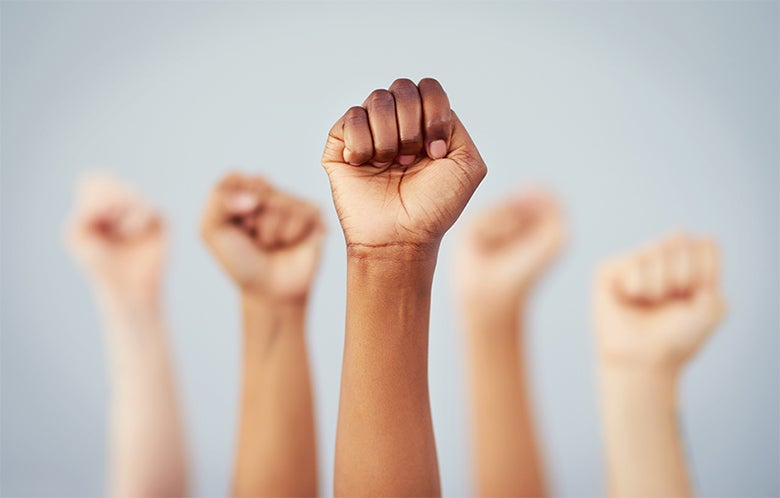In September 2015, the Member States of the United Nations adopted 17 Sustainable Development Goals (SDGs) to tackle the world’s biggest problems by 2030. The United Nations 2030 Agenda, as it is known, outlines a plan for achieving a better and more sustainable future for all.
Libraries play a vital role in improving outcomes across the SDGs. They promote universal literacy, provide access to information, advance digital inclusion, preserve and provide access to the world’s culture and heritage, serve as centers for research and much more.
In fact, the International Federation of Library Associations (IFLA) documents examples of how libraries contribute to the United Nations 2030 Agenda and provides a handout and toolkit for libraries to use in support of their advocacy efforts. Librarians can read about what libraries around the world are doing in support of the SDGs by viewing IFLA’s Library Map of the World, which allows the user to filter stories by country. Libraries are invited to submit their stories for inclusion on the site.
Equity, Inclusion and Lifelong Learning
In this blog series, we will look in-depth at several of the Sustainable Development Goals, and not necessarily in order. We’ll start with Goal Four: Ensure inclusive and equitable quality education and promote lifelong learning opportunities for all.
A common mission among libraries is to ensure that all people have access to education and lifelong learning opportunities. Libraries provide free access to books, internet and WiFi, research materials, test preparation resources for those seeking a GED or college admission, libraries of things that include everything from musical instruments to museum passes, makerspaces, computer training and more.
Some libraries are taking this mission one step further and directly aligning their activities and programming to the SDGs. In one story on IFLA’s Library Map of the World website, a public library in Argentina started a program to teach senior citizens the technical skills they needed to communicate with children and grandchildren living far away. Local teenagers led small group instructional sessions, showing their elders how to use a smartphone, navigate social media and download apps.
“In addition to improving participants’ technological skills, the initiative has also improved relationships between generations and created friendships between students and teachers,” according to a representative for the library. “An added value for seniors is having someone to talk to socially, reducing their feelings of isolation and loneliness. The programme has challenged ageist stereotypes and changed perceptions on both sides.”
One story not recorded on IFLA’s site is that of SolarSPELL, an initiative of Arizona State University. SolarSPELL (Solar Powered Educational Learning Library) is a portable, digital library that generates its own WiFi hotspot. Users with any WiFi-capable device can connect and browse an expansive collection of localized, open-access content. SolarSPELL team members travel across developing countries, training teachers, healthcare workers and Peace Corps volunteers how to deploy SolarSPELL libraries and build 21st century skills in offline environments.
Relevant EBSCO Resources
Libraries working to achieve specific SDGs in their communities should analyze their collections to ensure they adequately support economic, environmental and social development. EBSCO offers hundreds of academic databases to aid research across all 17 SDGs. But for those focusing specifically on Goal Four, consider the following EBSCO resources:
EBSCO’s Diversity, Equity and Inclusion (DEI) Resources include full-text database, archive and e-book collections that bring awareness and perspective to research, preserve first-hand accounts from marginalized voices, and help libraries to foster an inclusive and diverse climate.
EBSCOed™ Powered by Stacks is a securely hosted, responsive web platform that empowers schools and school systems to aggregate and streamline access to all approved digital educational resources in one, easy-to-use information portal designed specifically for students, educators and parents.
NoveList® Plus and NoveList® K-8 Plus offer multiple access points for students and patrons to explore the different windows, mirrors and sliding doors that reading provides. Use NoveList’s metadata-like themes, genres and appeal terms to pinpoint the reading experiences that students and patrons are seeking. Consult Recommended Reads Lists to find quick suggestions to share with busy readers, in displays or on social media. Readers’ advisory articles provide expert level guidance for considering how DEI can inform your library’s RA practice.
Literary Reference Center™ Plus contains reliable research content on a wide range of authors and their works, including those from under-represented groups. Support student research and classroom instruction with thousands of full-text poems, short stories, literary criticism essays, reference books, author biographies and more.
EBSCO interfaces and reference center products provide Text-to-Speech for HTML articles to support struggling readers, auditory learners, and those developing English-language proficiency. Interface and article translation is also available in more than 30 languages. Learn about EBSCO’s Commitment to Accessibility.
In our next blog post, we’ll look at how libraries support Goals Two and Three, which address food security, nutrition, sustainable agriculture, health and well-being.



